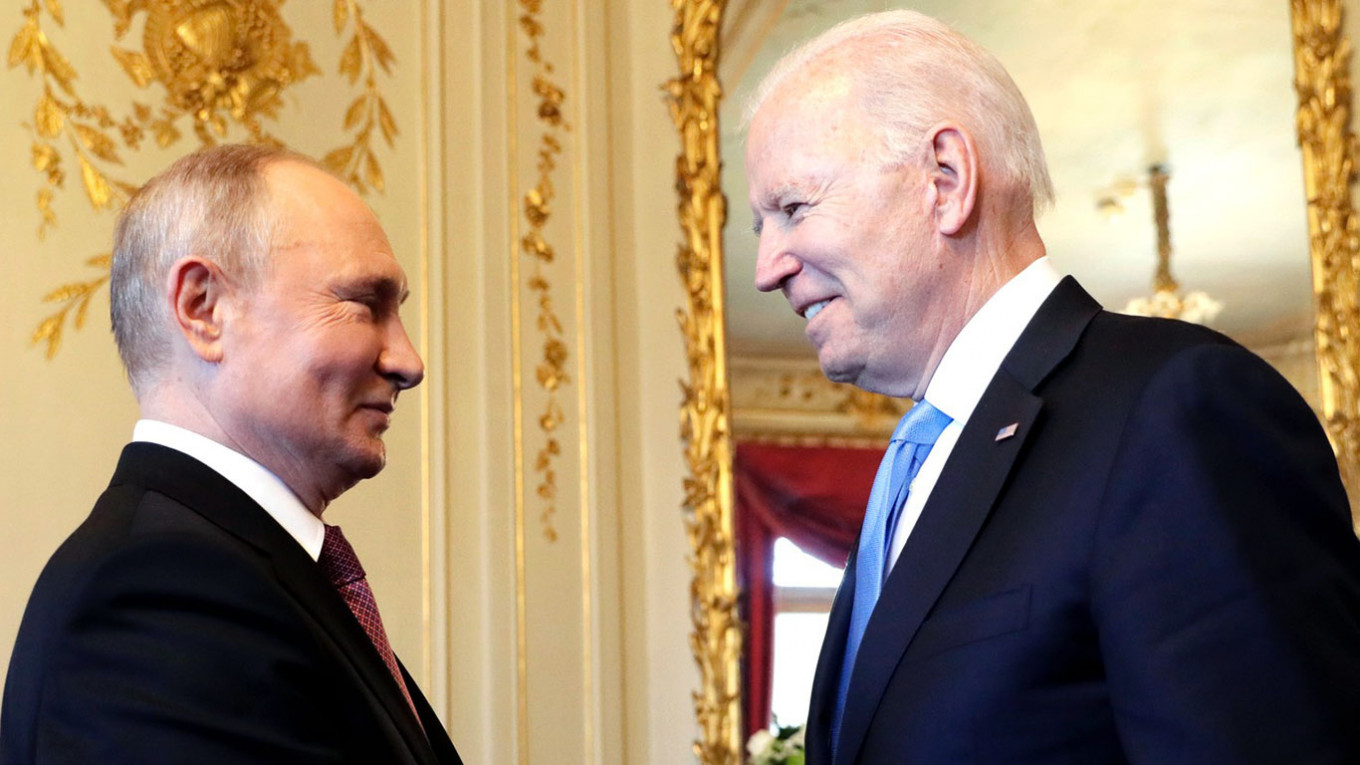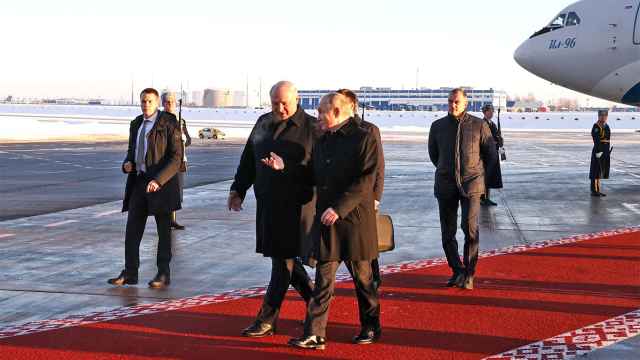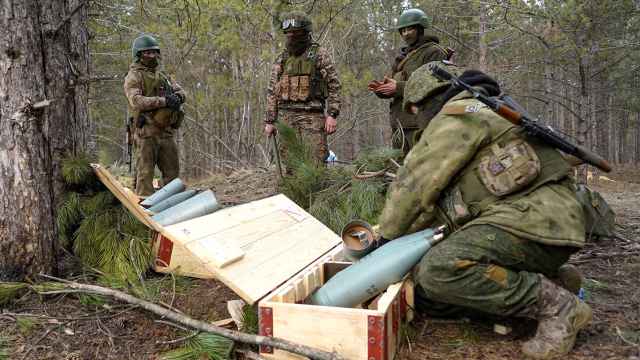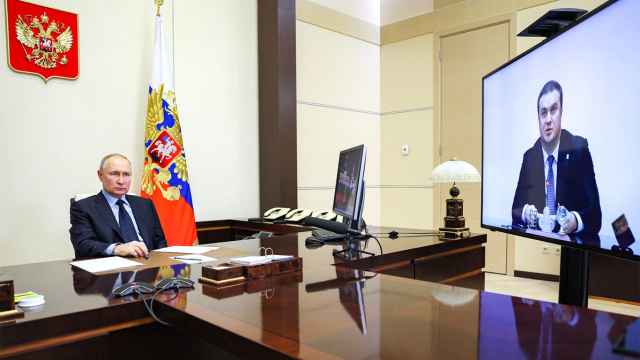While discussions abound on the internet concerning the results of the recent talks between President Vladimir Putin and U.S. President Joe Biden — and with most suggesting that the Kremlin once again “outmaneuvered” his opponent by forcing the White House to assure the world of its adherence to the so-called Minsk Agreements and agree to freeze military aid to Ukraine — I would like to note that Russia has already effectively entered into a new Cold War with the West: a conflict that resembles not only the major Cold War of 1947-1986, but also the minor one of 1830-1856.
A number of parallels exist between today’s events and those of the past.
In each instance, Russia acted from a position of imagined moral superiority. Almost 200 years ago, it stood for “preserving the foundation” and conserving monarchical orders in Europe, defending that system from all manner of “nihilists.”
After World War II, it spoke of the triumph of communism as the most progressive social system. Now, the Kremlin is repeating the idea that Russia stands in opposition to the pernicious and immoral West, that it is once again the defender of traditional values which the West is liable to desecrate.
And each time, the confrontation began when Russia “bullied” Western proxies. In the first Cold War, this involved Russia’s suppression of the uprising in Poland in 1830, the revolution in Hungary in 1848 and the ultimatum in 1853 that Turkey grant a protectorate over its dominions inhabited primarily by Russian Orthodox.
The second, larger Cold War began with the Soviet satellite states refusing to participate in the Marshall Plan and blockading West Berlin in 1947. Most recently, tensions escalated when Russia annexed Crimea in 2014 and undermined Ukraine’s territorial integrity through military intervention in Donbass in 2014-2015.
And each time, events did not escalate into a “hot” or direct shooting war. Instead, the conflicts were limited to a peripheral theater of operations — such as the Crimean campaign of the 1850s; played out wherever in the world the interests of the warring parties clashed — as happened in the second half of the 20th century; or, as is happening now, boil down to the activities of quasi-military formations over which one side claims it has no control — and various types of terrorist actions.
We shouldn’t forget that each time, Russia or the Soviet Union lacked the economic and technological might that would have given it the upper hand in the ensuing confrontation. Although Moscow has had the capability to wipe its enemy off the face of the earth ever since it developed nuclear weapons in the mid-20th century, it would have also been blown to smithereens in the process, with the result that it was unable to win any of these “cold wars,” and each of its defeats ended in a serious crisis of the entire social model of both the Russian Empire and the Soviet Union.
However obvious these parallels might appear, Russia has made the same mistakes every time.
First, it has earned a reputation in Europe and the West as an “evil empire” — if not through openly hostile actions, then through domestic policies and ideological aspirations — with which cooperation was, by definition, considered impossible.
Second, in each of these “cold wars,” Russia found itself either alone or supported by only strategically insignificant satellite states, while it was opposed by an alliance of powerful and influential countries, thus foreordaining a pitiable outcome to the struggle.
Third, this country reacted to each “cold war” by tightening the screws on its domestic policy, reducing freedoms and leading society into a kind of stupor that only ended when the federal authorities lost power during a subsequent episode of the confrontation with the West.
Fourth — and this partly follows from the third point — as the conflict deepened, the Russian authorities increasingly lost touch with reality, leading them to make the mistakes that “broke the camel’s back” — the occupation of Moldova and Wallachia in 1853 and Afghanistan in 1979.
In my opinion, we cannot separate what is happening now from the previous “cold wars” or the obvious lessons to be learned from them.
Russia has repeatedly behaved impatiently and aggressively, while the West — that many Russian liberals now accuse of defeatism and conciliation — initially perceived those confrontations with St. Petersburg and Moscow as a long process in which their developing societies would inevitably prevail over the stagnant Russian or Soviet ones.
A Message from The Moscow Times:
Dear readers,
We are facing unprecedented challenges. Russia's Prosecutor General's Office has designated The Moscow Times as an "undesirable" organization, criminalizing our work and putting our staff at risk of prosecution. This follows our earlier unjust labeling as a "foreign agent."
These actions are direct attempts to silence independent journalism in Russia. The authorities claim our work "discredits the decisions of the Russian leadership." We see things differently: we strive to provide accurate, unbiased reporting on Russia.
We, the journalists of The Moscow Times, refuse to be silenced. But to continue our work, we need your help.
Your support, no matter how small, makes a world of difference. If you can, please support us monthly starting from just $2. It's quick to set up, and every contribution makes a significant impact.
By supporting The Moscow Times, you're defending open, independent journalism in the face of repression. Thank you for standing with us.
Remind me later.








